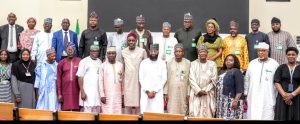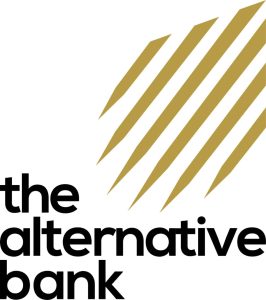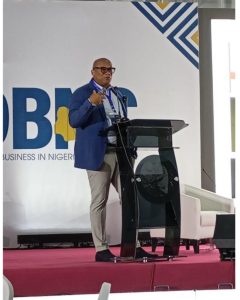Removal of subsidy, others are conditionalities of $1.5bn World Bank loan, says DPR

The Department of Petroleum Resources (DPR) has said that the removals of fuel subsidy, the unification of the naira, among others are some of the key conditions precedent to obtain the delayed $1.5billion World Bank loan.
The World Bank had been delaying the much-needed $1.5 billion loan sought by Nigeria, due to concerns over reforms, even as the Bank believes that the country has not shown enough commitment towards achieving them.
DPR stated that the delay had left Nigeria, which has been battling with low oil prices, with a huge revenue gap that makes it difficult to fully finance the revised $28.35 billion (N10.8 trillion) 2020 national budget.
Speaking during an interactive session on Petroleum (Upstream) in Lagos, DPR Director, Sarki Auwalu said it has remitted at least $1.03billion to the federal government and an additional $600million underway from oil and gas royalties and legacy debts.
According to the DPR, some of the revenue generated and remitted by the agency would save the country from additional and conditional borrowing from the World Bank, even as it noted that it had enjoined the government to delay and possibly ignore the loan.
DPR collects oil and gas royalties which represent the proportional value of oil and gas production and sales from oilfields, gas flare penalties imposed for gas flaring, concession rentals paid for the grant of oil and gas acreages by exploration and production companies, and miscellaneous oil revenue which consists of statutory application fees, license and permit fees and penalties.
Besides, the Federal Government hopes that the country would become a net exporter of refined products in 2022 going by the number of refineries coming on-stream by that time.
He noted that the agency has generated over N1 trillion this year, with an average N1.9 billion revenue per staff, adding that it hopes to generate N2.3 trillion next year.
Auwalu emphasised the need to ease regulations to open up the sector for investment, considering the number of open acreages yet to be explored in frontier and inland basins and increased competition from neighbouring countries.







